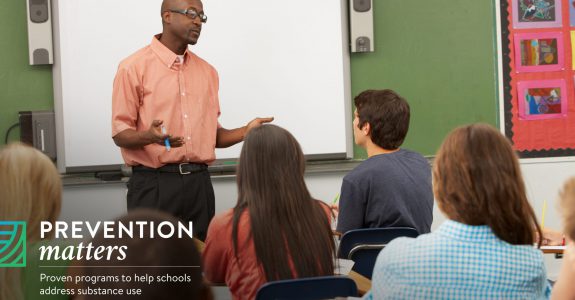クレア・フィディアン・グリーンはリチャード・M・フェアバンクス財団の会長兼最高経営責任者です。
E-learning has become the new normal for the foreseeable future, and that brings both challenges and opportunities that must be addressed strategically and in a coordinated fashion.
As we continue to learn about the health and safety implications of the COVID-19 virus, it appears more and more likely that state leaders and public health officials will take a measured approach to allowing school buildings to re-open for the 2020-21 school year. Even if schools reopen in late July or early August, it is possible that we will experience periodic closures throughout the year to address safety concerns related to the novel coronavirus. Regardless of what happens later this summer, students are currently sheltered at home, and we have an obligation to help them continue learning to the best of our collective abilities.
Most students, families and educators were not prepared to shift almost overnight to extended periods of learning from home. An added challenge is that tens of thousands of Marion County students lack access to devices or reliable internet connectivity, putting e-learning out of their reach. Moreover, e-learning may not be a feasible solution for every student or for hands-on classes such as Career & Technical Education or chemistry labs.
To overcome these obstacles, creative solutions and a coordinated approach to resource allocation decisions will be required.
That is why the Richard M. Fairbanks Foundation joined a collaborative group of local stakeholders to launch the Indianapolis E-Learning Fund, administered by the Indianapolis Mayor’s Office of Education Innovation, on April 8. Charitable contributions to the Fund as of April 28 total almost $2.8 million and are supporting Indianapolis educators, students, and families during the COVID-19-era transition to e-learning. We are proud to be part of this all-hands-on-deck effort in partnership with the Indianapolis Mayor’s Office, Eli Lilly & Co. Foundation, United Way of Central Indiana, The Mind Trust, Lilly Endowment, and many others.
The e-Learning Fund is helping to address acute short-term e-learning needs not covered by federal stimulus funds or other relief efforts. It also will support the development of a longer-term e-learning strategy that identifies the needs of all students in Marion County and works to create collaborative solutions. The predominant focus is on Marion County, but there is also a statewide component across the fund’s four priority areas, which include:
- Provide device access and internet connectivity for Marion County public school students from low-income families and students who live in neighborhoods or homes with unreliable or no internet access.
- Develop a plan for e-learning to address both acute, short-term needs as well as longer-term needs in Marion County.
- Develop a strategy for social-emotional learning needs for students in Marion County, both while at home and upon their transition back to school buildings.
- Launch an e-Learning Lab for all public and private schools. The lab will provide a platform for sharing e-learning best practices that can be accessed by all schools statewide, as well as professional development opportunities to support teachers, administrators, students, and families with the successful implementation of e-learning and blended approaches.
As the daily public health news unfolds, it appears increasingly likely that some form of e-learning will be a reality through much of the 2020-21 school year. Our community cannot allow K-12 students to miss out on their education for an extended period due to social distancing requirements or their lack of access to devices or reliable internet service. That is why it is critical that we come together to develop strategic, collaborative solutions to the e-learning related challenges presented by COVID-19.
でタグ付けされました: クレア・フィディアン・グリーン, COVID-19, 教育, インディアナポリス公立学校, K-12



